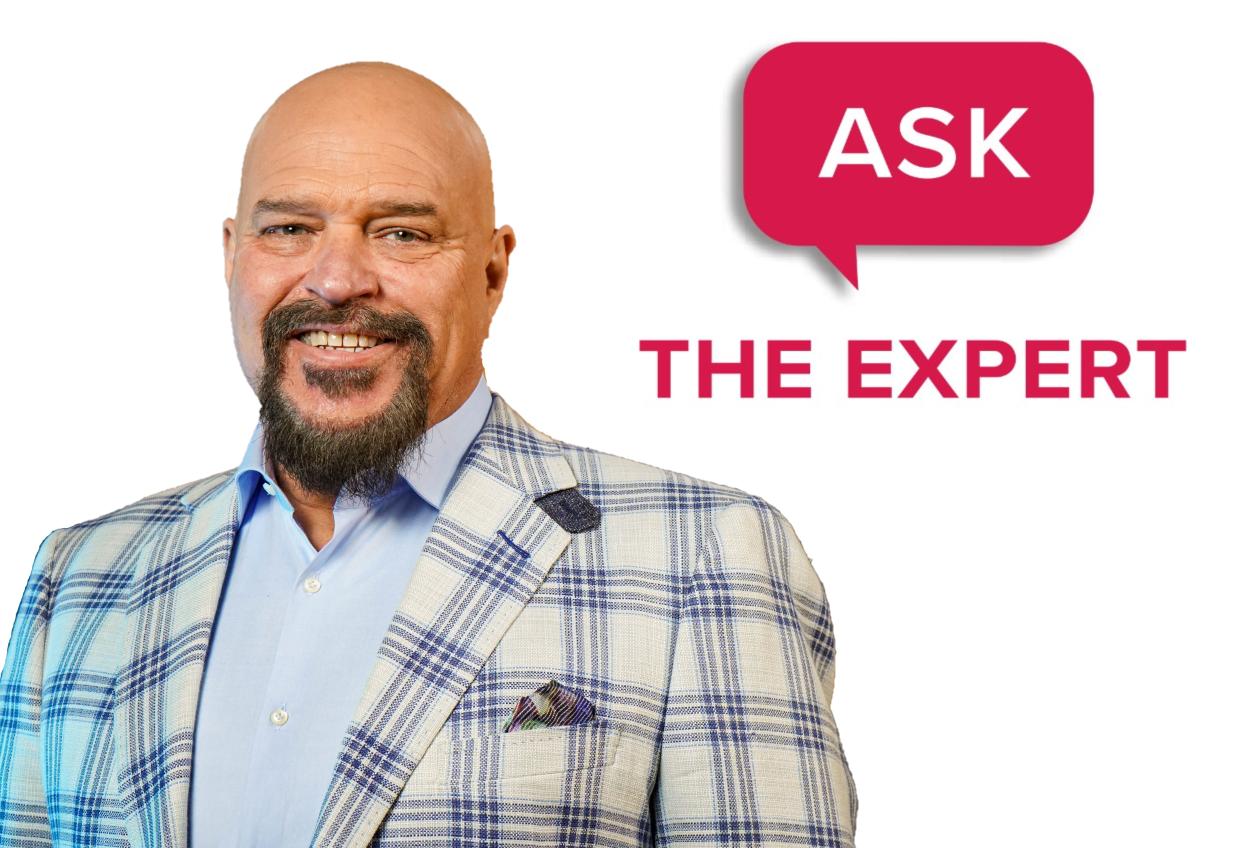Ask the Expert: Setting kids up for financial success
Mark Henry has been working in the finance and business sectors throughout his 30-year career. He founded Alloy Wealth in 2011 with the goal of helping people create a written financial plan, because success is about more than just achieving the right numbers. Henry says he chose the company’s name because aan alloy is a combination of several metals that are stronger when used together than when used alone. He says every clients plan starts with the end in mind by asking the question, “What are you trying to do?” www.alloywealth.com
We asked Mark to offer some tips on how to teach children about money and investing and to help them develop healthy financial habits that will follow them into adulthood.
Q: What’s the best way to get started with setting our kids up for financial success?

Mark Henry: Teach your kids about money management at an early age. Whether learning to balance a budget or use credit responsibly, money management skills take time to build. It's best to teach your kids age-appropriate money lessons throughout their childhood.
If you have young kids, let them practice making choices at the grocery store. Discuss the difference between wants and needs when you put things in your cart. If you’re choosing a specific brand because it’s on sale, explain that to them. Give them a small amount of money to spend on whatever they want at the store, then walk them through their options and explain which ones fit the budget and which ones don’t.
If your children are school-age, encourage them to set goals for saving. If there’s a big event or something they want, help them manage their money and put a percentage away to help reach those goals. Once they achieve a goal, they’ll understand what it’s like to feel in control of their money.
Once your children are teens, they can learn to build a spending plan. While they’re not expected to pay rent or bills yet, you can still show them how it works. Have them make a list of expenses - clothes, going out to eat, entertainment, extracurricular activities, etc - so they can see how quickly things add up. Help them make a monthly spending plan with an allowance for different categories and let them try to manage it. If you give them $50 a month for going out with friends and they spend it all the first weekend, they will quickly learn the importance of budgeting and saving.
Q: When is it OK to encourage kids to start earning their own money?
MH: The official working age is 14 in South Carolina, but kids can start earning their own money at an early age through things like lemonade stands, washing cars, walking dogs or mowing lawns. Starting their own business, no matter how small, teaches creative thinking and problem-solving, and encourages curiosity. Help them come up with a business plan and discuss options for the money they earn. Do they want to reinvest it back into their business to help it grow? Or save up to buy something they want?
Q: What are some of the accounts we should consider opening for our kids? And how do we decide which one is best?
MH: Open a savings account first. The minimum age to open an account for your child varies, but this is a great way to get kids thinking about money management. If your kids have money they’ve earned from allowance or gifts, encourage them to deposit a portion into savings to see how the money adds up over time, even if it's only a few dollars here and there. Saving $100 may seem insignificant to us as adults, but it can be a big accomplishment for young kids and will teach them life-long lessons about money management.
I also recommend opening a high-yield savings account for your child. Rates vary, but HYSAs offer significantly higher rates than traditional accounts, sometimes as much as 4-5 times more. A high-yield account will help your child’s savings grow faster, while showing them how interest works. This will lay the foundation for when they get older and need to save up for buying a car, renting their first apartment, or paying back student loans.
As soon as your child starts earning income, you can open a Custodial Roth IRA account. You contribute on your child’s behalf, but it’s their money. This is a gateway to learning about saving for retirement. Even if they can’t contribute much at the beginning, young adults will become familiar with saving for retirement now, which sets them up for success when they start their first full-time job and have a chance to start a 401k.
A money market or CD is another way to save for your child’s future and give them a leg up as they become adults. These funds will earn interest and grow over time. You can pull the money out at the CD’s maturity or reinvest the funds into new accounts.
Q: Any other advice for setting our kids up for financial success?
MH: Teach your children how to invest. There are plenty of apps and books that explain investing in a way that’s easy to understand. Consider talking about your own portfolio and even asking them to identify good investment opportunities on their own. Once kids have some savings built up, show them how to get started. Be available to advise, but let them take the wheel. This will improve their confidence in building wealth and provide the tools they need to build up their savings before they leave home.
This article originally appeared on Herald-Journal: Ask the Expert: Setting kids up for financial success
